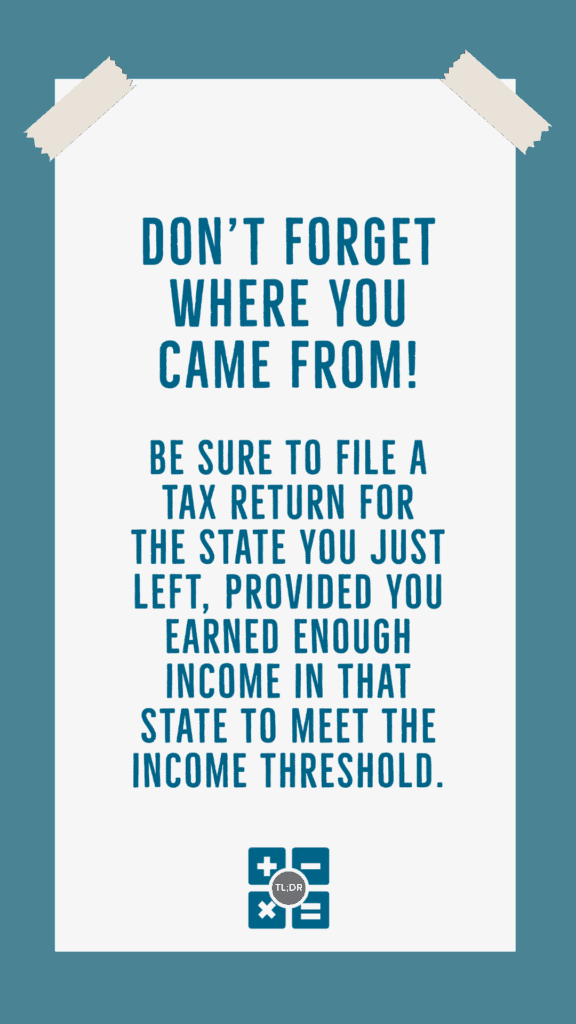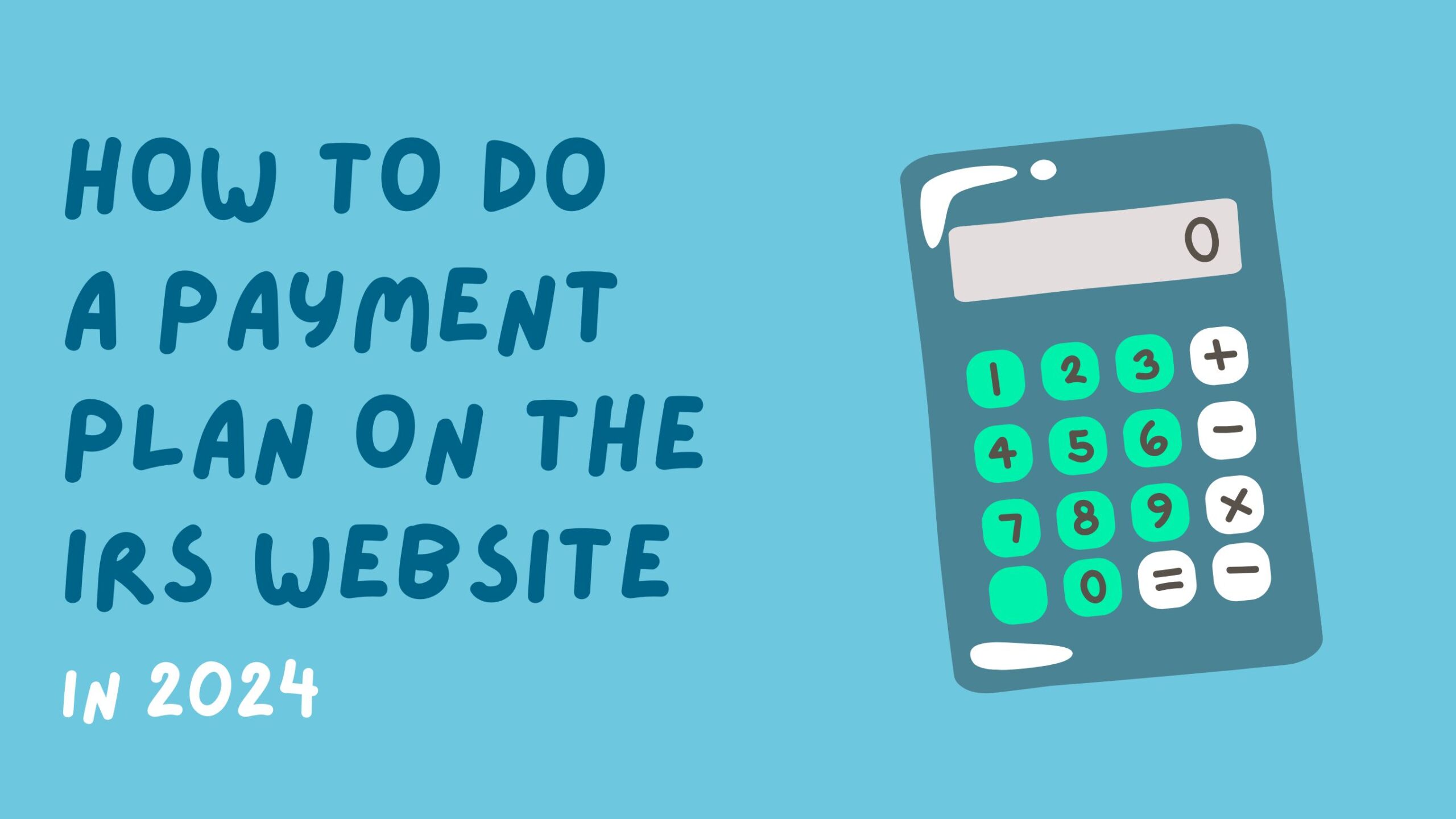Welcome to TL;DR: Accounting’s Guide to Moving to Another State! Or as we call it, the TLDRAGMAS. (Just kidding, we don’t call it that, although Dragmas sounds like a fun holiday party.)
Because every US state is able to make its own laws, we’re going to cover a broader to-do list than a set of specific steps. If you’re moving to a state in which you haven’t previously done business, we highly recommend contacting a specialist like us.
Register and Pay Taxes in Your New State
Generally, the first thing to do when you move (or, ideally, before you move) is to contact the destination state’s Department of Revenue, although they’re not all specifically called “Department of Revenue.”
If you have employees in the destination state, you will also need to check into state requirements for unemployment insurance and workers’ compensation insurance (in WA, workers’ comp is often called “L&I”). Believe us when we tell you that you may have to set up accounts with multiple state agencies for a single employee. (Note that an expert can do all of this setting up and filing for you; contact us for details and guidance.)
Don’t Neglect Your Former State
No matter where I go, I know where I came from
~ “Jenny from the Block” by J.Lo
Chances are that you’ll still have income in your former state in the same year you move out of it. Don’t forget where you came from. Be sure to file a tax return for the state you just left, provided you earned enough income in that state to meet the income threshold. If you continue to do business in your old state, you may need to file a B&O (Business & Occupation) tax return for your old state every year.
If you’re reading this article, there’s a decent chance that you’re either moving to or from Washington State, so we’ll share a state-specific detail with you here: if your business has $100,000 or more in income allocated to Washington State, you must file a WA State B&O tax return. The filing schedule for WA B&O taxes is dependent on income and is either annually, quarterly, or monthly.
Note that we said “allocated to Washington State.”. If you do business in more than one US state in a single business year, you must divide the income between the different states. The details of this are a topic for another article, but sometimes it’s obvious: if you provide an in-person service in Washington State, it’s WA income.
Let Your People Know You’ve Moved
You wouldn’t move to a new state without telling your friends and loved ones, would you? Even if you would, we implore you to contact all of your business experts and specialists, at least.
Of course, your tax accountant needs to know that you moved so they can prepare for state income tax. This applies to B&O tax as well as personal income tax. Don’t forget that most states have a personal income tax.
You should also let your bookkeeper know you’re moving (if they’re different from your tax accountant), and help them know how to allocate your income between states. Don’t forget to notify your attorney and your HR specialist if you have them, too.
If you are heading to a different state, we wish you all the best on your move!
TL;DR: If you’re moving to another US state, you will be subject to new laws and regulations. Because each state can make their own laws, the specifics vary. Be especially sure to look up employment regulations if you will have an employee in the new state — breaking employment law, even accidentally, can have serious consequences. Don’t forget to allocate income and, if necessary, pay taxes to your former state. And don’t forget to tell your important people that you’re moving, hopefully at least a bit in advance. Best of luck on your move!







